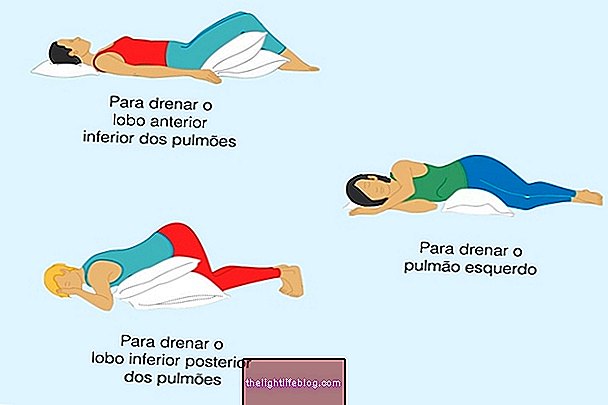Sibutramine is a medication used to treat obesity because it quickly increases the feeling of satiety, avoiding that you eat too much food and, therefore, facilitates the loss of weight. In addition, this remedy also increases thermogenesis, which also contributes to weight loss.
Sibutramine is used in the form of capsules and may be purchased from conventional pharmacies in the generic form or under the trade name Reductil, Biomag, Nolipo, Plenty or Sibus, for example, upon receipt of a prescription.
This medicine has a value that can vary between 25 and 60 reais depending on the brand name and the quantity of capsules, for example. Understand the risks of using sibutramine for weight loss.

What is it for
Sibutramine is indicated for the treatment of people with obesity in cases of BMI greater than 30 mg / m², who are following up with a nutritionist or an endocrinologist, for example.
This medicine works by rapidly increasing the feeling of satiety, causing the person to eat less food, and increasing thermogenesis, which also helps to reduce weight.
How to take
The recommended starting dose is 1 capsule of 10 mg per day given orally in the morning with or without food. If the person does not lose at least 2 kg in the first 4 weeks of treatment, it may be necessary to increase the dose to 15 mg.
Treatment should be discontinued in people who do not respond to weight loss therapy after 4 weeks with a daily dose of 15 mg. The duration of treatment should not exceed 2 years.
Main side effects
The use of Sibutramine may cause:
- Headache;
- Constipation;
- Dry mouth;
- Anxiety;
- Changes in palate;
- Increased blood pressure;
- Insomnia;
- Nausea and dizziness;
- Increased sweating;
- Palpitations and increased heart rate.
Generally, these effects are more frequent in the first four weeks, and the severity and frequency decrease with the passage of time.
Who should not take
Sibutramine is contraindicated in people with a history of type 2 diabetes mellitus with at least one other risk factor, such as hypertension or cholesterol, people with heart disease, eating disorders such as anorexia nervosa or bulimia, in pregnant women, during breastfeeding, and when if you use other medicines such as nasal decongestants, antidepressants, antitussives or appetite suppressants.
Also, before using this medication, the doctor or nutritionist should be informed about problems such as high blood pressure, heart disease, epilepsy or glaucoma.
See other appetite suppressants that have a similar effect and help you lose weight.

























